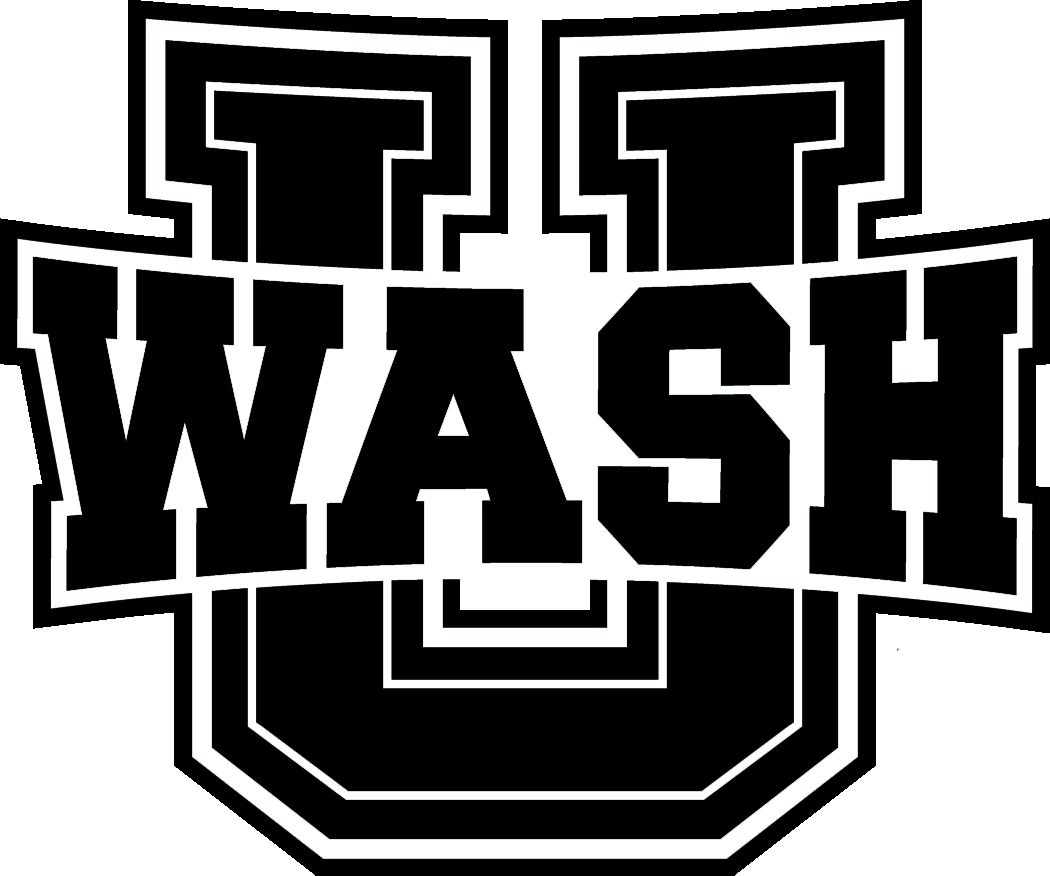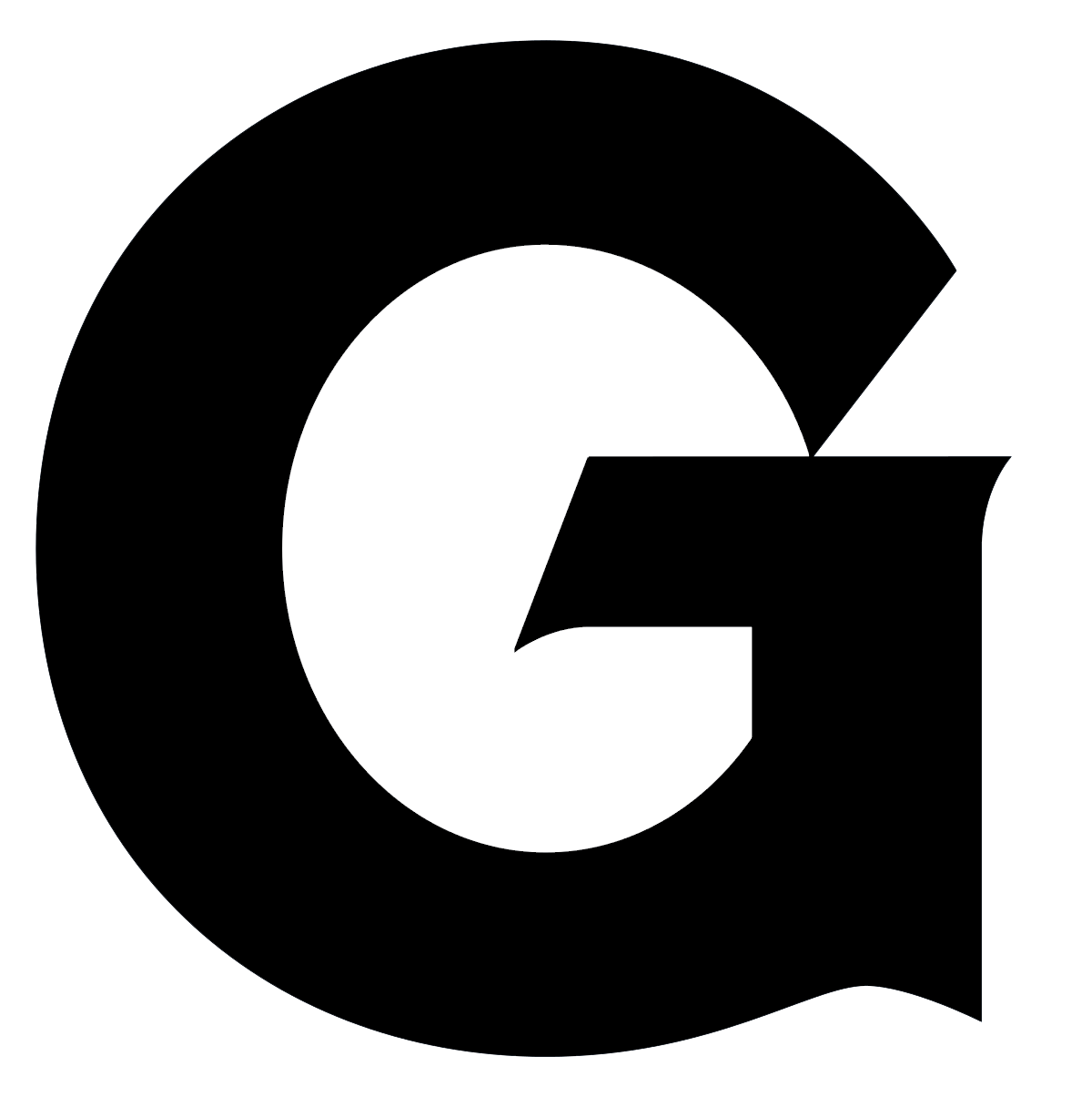Practicum
Witness the next generation of
The first ever Practicum Summer Showcase is live in
What is Practicum?
Become Part of the Practicum Family
Apply now to work on an industry-standard development team on large scale projects that matter.
Admission is rolling as we are constantly adding new projects and are looking for driven students.
About the Program
Practicum is the midpoint between an internship and a side project. We offer the agency and control of working independently with the structure of a formalized internship team. Each group will be composed of the traditional roles of a development team to help you gain the experience of working on a large-scale project. Along the way you will meet other students who are just like you, and gain a network of peers that will go on to do big things.
What We Provide
A Practicum internship enables you to work on high-quality projects with high-quality colleagues. You will work along-side the other passionate students and mentors on a project that interests you. Through this process, you will get to learn about the different disciplines that make exciting projects happen and hone your skills in your field of choice. Learn from your mentor and make lasting connections along the way.
Who You Are
You do not need three years of development experience to be on a Practicum team. We are looking for students eager to take on responsibility, quick on their feet, thinking about their future, and who can pick up skills on the fly. You will be in a startup environment, which requires team members to wear multiple hats, so we are looking for individuals that are excited by this challenge!
How to Join
The first step is to apply! We want to see what you know, but more importantly, what you want to learn. We will look at the application and then schedule a call to discuss the best role for you on a Practicum team. We match interns to projects based on a variety of factors, from majors to interests and values to experience levels.
Meet your New Teammates
Teams are structured so that everyone can work on what makes them happy.
Members can work part-time or full-time, and teams will be balanced.
Software Engineers (3-6):
The team is built from the ground up to support our engineers. Each project has both front-end and back-end functionality that will need to be built out. Every team has a lead engineer, who is the most familiar with the technologies being used and will help scope and plan out the project. Developers have complete agency over features and will work together to complete a unified product.
Program Manager (1-2):
The Program Manager is the glue that keeps the team efficient. The PM is in constant communication with the team, mentors, stakeholders, and Practicum advisors to ensure that the product is the best it can be. We expect our PMs to understand how to code and help lead engineer scope and scale the product.
UI/UX Designers (1-2):
Our designers are the creative genius that make projects come together. They have control over the creative direction of the product. They work with stakeholders and the PM to make sure that they are following the client’s vision and work closely with our engineers to ensure that designs are feasible. Designers are expected to get their hands dirty, creating prototypes and wireframes.
Data Scientists (1-4):
Data scientists have the most flexible role, and what they do will depend heavily on the project that is being worked on. On certain projects, the data scientists will develop models to help create a smarter product and work with the back-end engineers to create algorithms. Data scientists may act as analysts on projects, charged with looking at user testing and ensuring that the Product Manager is well informed.
Learn from Industry Professionals
Each team is paired with a mentor to help guide them through the project and to learn more about tech.
The mentors are here for you to bounce ideas off of, be that recruiting tips or industry practices
Project Guidance
Each team is given a mentor to help guide them through the development process. These mentors have significant technical experience and will be there to make sure that your team is moving in the right direction. The mentors can answer questions such as the proper tech stack to use or the direction to take product in. Teams will meet with their mentor every other week to review progress and help get through roadblocks.
Career Advice
Tech recruiting is tough. Our mentors have been through it all and are here to show you the dos and don’ts of pursuing a career in technology. You can go to your mentor for any advice, whether that be the differences in data science and data engineering or the proper steps to prepare for a coding interview.
Intern Events
Practicum members have access to exclusive events that will help you find your place in technology. Learn from the best and brightest in the industry by attending panels, networking opportunities, and more to get a competitive advantage for recruiting in the fall. Hear from recruiters, developers, and visionaries alike to learn the actionable steps you need to take to get your dream job.
Practicum Network
The Practicum mentors have a wide variety of backgrounds, and as a Practicum member you are encouraged to reach out to any of them! The network that you will enter is quite expansive and our mentors have had various roles, worked for multiple firms, and are all willing to share their experiences with you!
Our Mentors Come From
Create Something Meaningful
Your Practicum project will be something that matters.
Working on a motivated team in an fast-paced environment will result in an amazing product.
Agile Environment
The backbone of a Practicum team is the Scrum framework, as we seek to provide an industry-standard development environment. The development of the product will be done in weekly sprints. Targets will be set by the lead engineer, and the PM will work closely with the team to create feasible user stories. The team will have weekly standups to discuss progress and figure out any blockers.
Large Codebase
Coding for your profession is much different than what is taught in the classroom. Companies traditionally have multiple engineers developing all at once, which requires engineering teams to need collaboration and communication. Practicum provides this invaluable experience, as you will be developing your project with multiple teammates to create a product that is the amalgamation of everybody's efforts.
Frequent Meetings
Communication is essential for any good project, and Practicum teams will accomplish this through frequent Slack messaging and weekly all-hands meetings. Teams will talk the progress made for that week as well as short-term and long-term goals. Every month the entire Practicum family will get together to check in on every project.
Code Review
An important part of software development is peer revision. At Practicum, we take this practice very seriously, as it leads to cleaner code, a more efficient product, and a team that fully understands that project. We want to make sure that you have a complete comprehension of what you are working on, so once a week, you will review a team member's newest addition to the project.
Work with Students From





Summer 2020 Timeline
Spring 2020
Applications open to students
June 1st
Full-time summer application closes
June 8th
Get paired with your team and role
July 1st
First Community Check-In
August 1st
Second Community Check-In
August 24th
Final Showcase